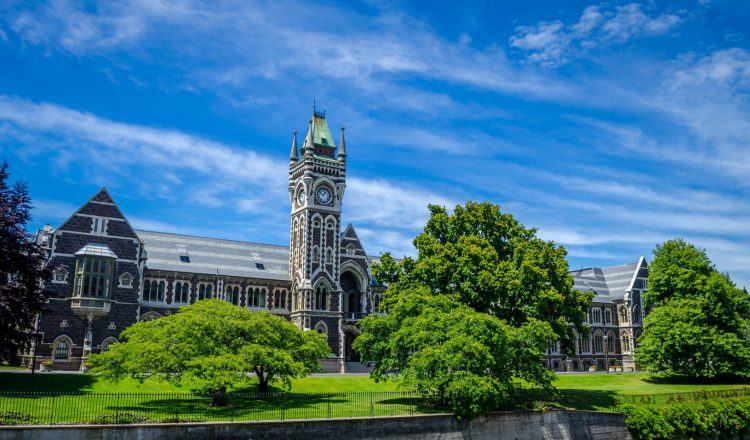Primary and Secondary School
When considering schools there are a number of subtle differences to be aware of. The majority of schools in New Zealand are state schools, meaning the curriculum is approved and regulate by the ministry of education. A student studying at one state school in New Zealand will have a very similar education experiance as a student enrolled in another, regardless of the decile rating.
State schools
State schools are government funded and operated, and are free to New Zealand citizens and permanent residents. Students and parents however are expected to pay for stationery, uniforms, textbooks and school trips.
Schools may ask for voluntary donations to supplement their government operational funding.
Each state school is governed by an elected Board of Trustees, consisting of the school principal, a number of trustees (usually 5) elected by the parents of the students, one staff trustee elected by the school staff, and in secondary schools, one student trustee elected by the students. State schools follow the national curriculum, and are required to remain secular.
State-integrated schools
State-integrated schools are former private schools which have chosen to integrate into the state education system, becoming state schools but retaining their special character. They were established in 1975 after the near-collapse of the then-private Catholic school system. The majority of state-integrated schools are Catholic, but other Christian denominations, religions and educational philosophies are also represented.
The private school owners stay on as proprietors, and sit on the school’s board of trustees to ensure the special character is maintained. State-integrated schools charge “attendance dues” to parents to cover the costs of the still privately owned land and buildings. Typical attendance dues for citizens and residents range between $240 and $740 per year for Catholic schools, and between $1,150 and $2,300 per year for non-Catholic state-integrated schools.
Private schools
Just under 5% of children attend private schools.
Some private schools take both boys and girls (known as co-educational or “co-ed” schools). Others are single sex schools for either boys or girls. Some private schools have boarding facilities so students can live there during the term.
Private schools are not government funded – they charge set fees by the school term or year. The amount is typically around NZ$20,000 a year.
Charter schools
Charter schools are state funded schools which operate outside of the normal state system. They began in 2014 with 5 small schools. Charter schools do not have to operate with any registered or trained teachers. Teachers do not have to have current practicing certificates. They do not have to have a principal. They are allowed to benefit from profit making. They do not have to follow the national curriculum.
Home education
Home education (also called home schooling) is an option in New Zealand.
Parents and caregivers who want to educate their child at home need to first get approval from their local Ministry of Education office.
If you get approval to home educate, you will receive a Certificate of Exemption from Enrolment at a Registered School. This indicates you are legally responsible for providing, supervising and monitoring your child’s learning programme.
If you want to home educate more than one child, a separate Certificate of Exemption is required for each child.
Discipline in schools
Children will be made to feel comfortable and safe at school in New Zealand. It is illegal in New Zealand for anyone to use physical force to discipline a child. A parent may only use force to prevent a child from harm. A teacher may not use force in any situation, so physical discipline of children, such as smacking, caning, strapping, is not allowed. School punishments usually involve extra homework or staying late after school to do tasks while supervised by a teacher.
Lunches in schools
In New Zealand few schools will have a full cafeteria. Most schools will have a shop selling sandwiches, salads as well as drinks. It is generally expected that a student’s parent or guardian will provide them with a preprepared lunch.
Homework
A common complaint of parents of international students is that New Zealand schools do not provide enough home work. Typically a school will set between 30 minutes and 1 hour of homework a day. Many students will complete their homework in their free time at school leaving them free after school. While homework is minimal many schools offer extra curricular programmes in areas such as music, drama, sport. Some schools will have science and audio visual clubs. These programmes are usually run outside of classroom houses, either at lunch time or after school.

















































